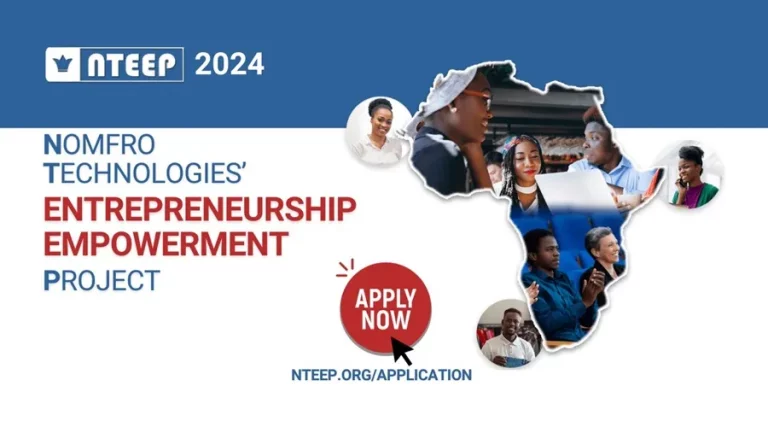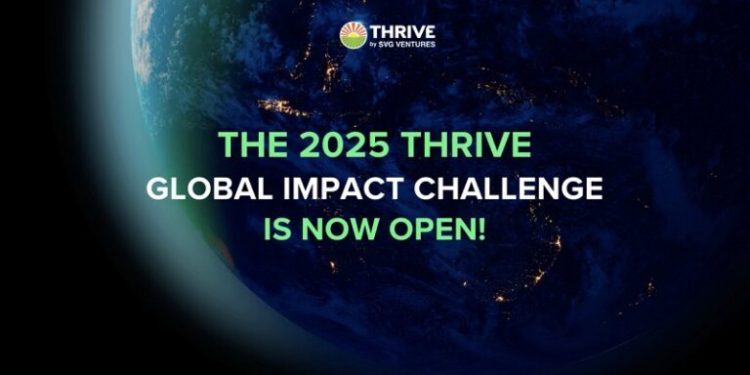SAS Appoints Essie Mokgonyana as the New South Africa Country Manager

Essie Mokgonyana has been appointed by SAS as the brand’s country manager and sales director for South Africa.
This hiring is in keeping with SAS’s goal to invest in expanding the business in South Africa, which is motivated by the demand for advanced analytics, artificial intelligence, and cloud-based solutions.
Essie Mokgonyana has more than 15 years of expertise in technical roles within the IT industry. She has worked with clients in the public sector, telecommunications industry, banking industry, and has a strong focus on sales and business development.
Essie also has extensive experience in aligning local corporate governance standards with those of international corporations and national laws due to her previous roles as an executive, non-executive, and trustee board member.
Zafir Junaid, Regional Director for Africa & Emerging Middle East, commented on the appointment, saying, “We are very happy and excited to welcome Essie to the SAS family! Essie is a commendable professional, and it is not surprise that she has achieved success in her work given her commitment to achieving outcomes and growing the teams she oversees. Essie’s experience in a variety of sectors and background in the IT business fit nicely with our plan in South Africa and Africa as a high growth region.
“I am thrilled to join SAS, especially at this pivotal moment. We have never before seen such rapid rates of digital transformation in all spheres of society, from business and industry to consumers and the government. And when it comes to seeing the possibilities of digital transformation, particularly over the past two or more years, Africa is no exception.
Essie Mokgonyana, SAS Country Manager & Sales Director for South Africa, says “I am excited to work with our teams, partners, and clients to realize the enormous potential we still have to further transform both public and private organizations through adoption of our advanced analytics, AI, and cloud-based solutions.”
In order to utilize the full potential of their analytic resources and capabilities to speed up innovation and increase operational efficiencies, SAS will keep assisting public and commercial organizations in Africa in adopting cloud platforms. With the help of SAS’s cloud-first strategy, businesses can move to a cloud-driven environment, removing both material and budgetary constraints while advancing their digital transformation efforts and aligning with changing business objectives.
Customers can speed up their transition to the cloud and increase their use of analytics, machine learning, and AI since the SAS portfolio is both cloud-first and cloud-agnostic, or cloud-portable. Whether utilizing SAS Viya or an industry solution, SAS analytics in the cloud gives companies a significant edge to analyze large amounts of data in the cloud.
Mokgonyana is certain that SAS is entering a new stage of local growth. “The announcement that the SAS Institute South Africa attained Level 1 BBBEE status confirmed our organization’s commitment to the local business and economy and cemented SAS’ position as a preferred partner to our clients and partners, according to the statement.
Beyond our attention to and dedication to our clients, SAS is devoted to accelerating its work of empowering talent throughout the region and contributing to the advancement of ICT capabilities. Additionally, SAS is dedicated to utilizing analytics to help Africa create a sustainable future.
In Africa, addressing social and economic problems is essential to ensuring sustainability. Environment, Social, and Governance (ESG) concepts have gained attention in every area of government, business, and society as more African countries assess and begin to design their “net zero economy” objectives. In order to help governments and businesses in the region scale up their ESG activities and contribute to the realization of their goals, SAS will continue to strengthen the ways in which it employs technology and knowledge.
SAS will lead the roadmap to find new opportunities, become future-proof, and overcome challenges in the education, finance, healthcare, energy, agriculture, government, telecommunications, and retail sectors using Analytics and AI. Governments and businesses are looking for innovative ways to navigate paradigm shifts in local economies brought about by climate risks.







